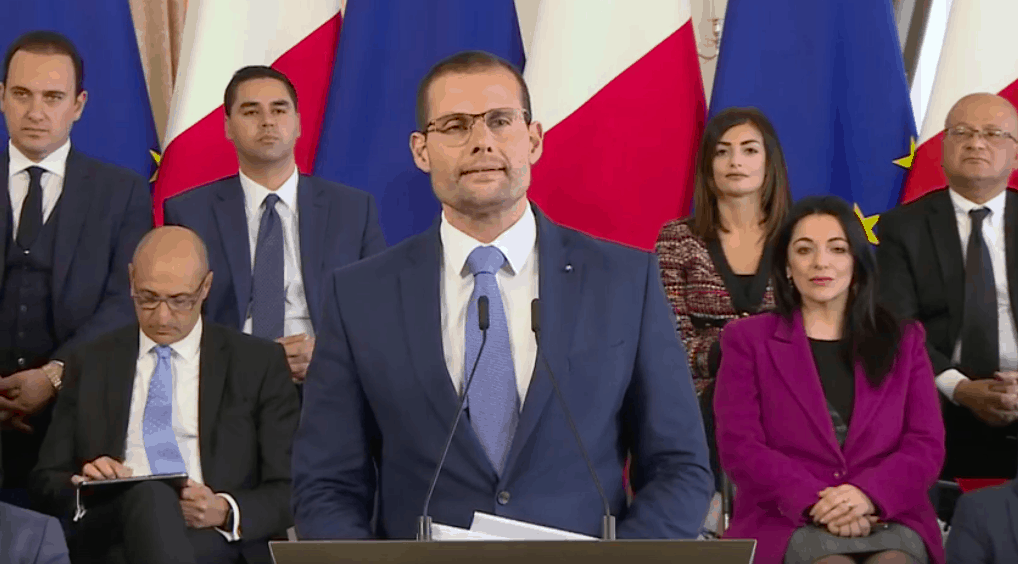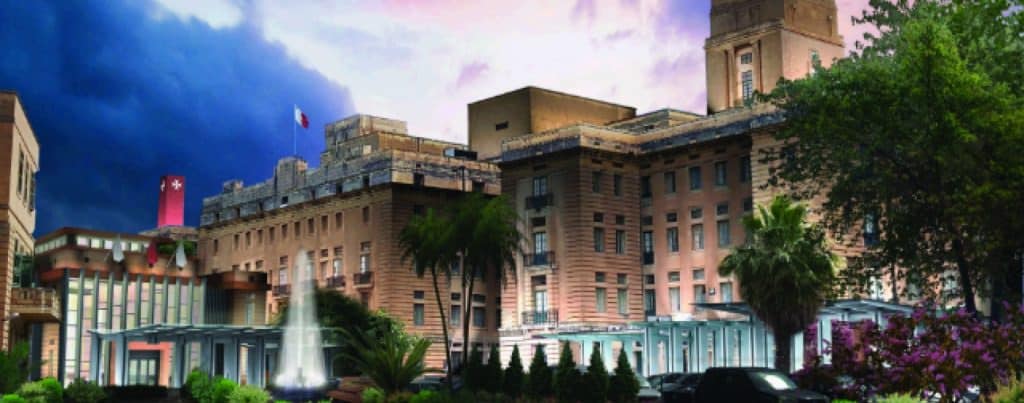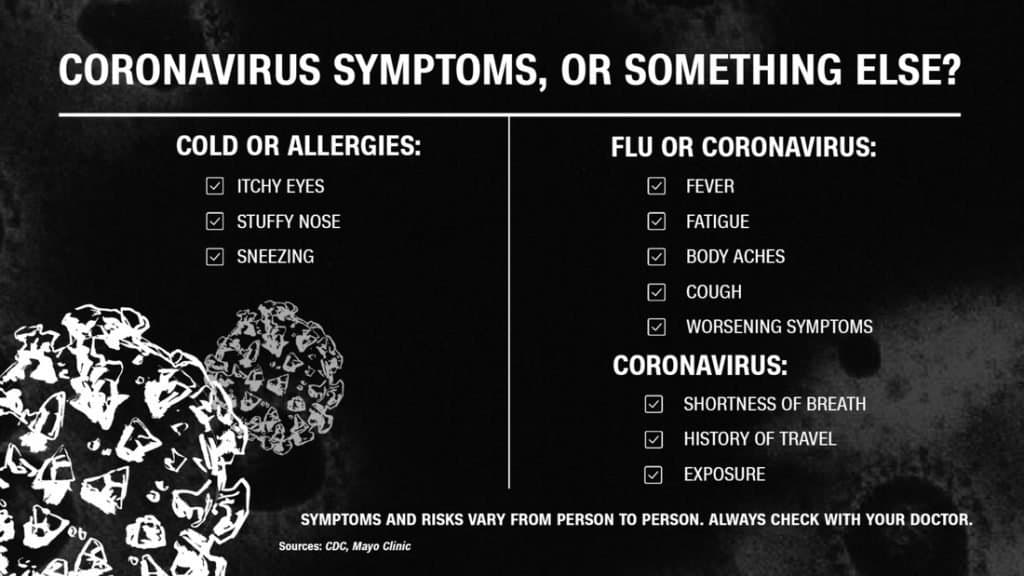
Novel coronavirus is an epidemy in a number of countries, most prominently from our point of view including the country closest to us. It has not been declared a pandemic yet as in most countries it has so far been largely contained but people have been looking at growth graphs and many are describing themselves in terms of ‘days behind Italy’. For France, the UK and others it looks like the deserted piazzas of Rome and Milan are a near future for Lyon and Manchester.
In Italy itself the forecast is grim. Things may get worse before they get better. Mayors are advocating a tighter shut down with people asked to stay home while shops, offices and places of business are closed down. That may be us in 4 weeks.
The loss of the dying, the fear of the suffering and the tension of those stuck away from their productive life will have an enormous toll on entire communities. The economic cost of this unscheduled August is, at least for now, incalculable. This will be a huge blow to the global economy but for most people the global economy does not mean much. They will understand however the closure of economic operations and sources of employment. Some of them will never come back.
Novel coronavirus may not be the bubonic plague. And this is not the middle ages. Medically – not without huge pressures on the medical infrastructure of even the most sophisticated economies – this can be contained and eventually reversed. I don’t want to gloss over just how hard this is and how expensive the losses will be. But it can and will be managed. This will not be a zombie apocalypse and we’re not quite up against the collapse of civilisation.
But a crisis like this does remind us why we need leaders. It is time for proper decision making, clear chains of command, rapid response and even anticipation of situations that are yet to emerge, space for experts and researchers to gather the facts and provide informed opinion, accurate and reassuring public communication and a relationship built on confidence between leaders and their community.
This is why the weak leadership of our present administration is proving an added complication for the way our country can address the oncoming crisis.
The personality clash between Robert Abela and Chris Fearne is rooted in mundane bruising of alpha males. But we can’t afford to have their judgement clouded by what they think of each other. It makes sense for there to be debate within government in situations like this. It is also right that the health minister brings to the table only considerations of health while the prime minister weighs those considerations against what he is hearing from the rest of his team – industry, tourism, education and so on.
But it is clear that when dealing with the risk of an epidemy health considerations must trump all others. We can deal with the economy when we’ve gone over the present hurdles.
There is reasonable concern out here that the decisions taken by the prime minister are sometimes coloured by his otherwise understandable need to assert his authority on ministers who used to be his clients but have suddenly become his underlings. Robert Abela cannot order his way into people’s confidence. Right now, he must inspire them into it. But for many people, after all we’ve been through as a nation over the last 6 years while he extolled the great virtues of Joseph Muscat, that’s like asking us to be inspired by the poetry of a slug.
The Fearne-Abela tensions cannot be reduced purely to penis envy. There’s the weight of past decisions that slows down our ability to manage the situation to the full. It would be nice right now if the government could look at St Luke’s, Karin Grech and Gozo General Hospitals as resources in this battle. Instead these have been sold off to a profit-making business that is a headache in itself because its losses and inefficiencies are eating into the budget for our national healthcare. In place of back-up spaces to manage a crisis a situation we are left with artists impression that remains a twinkle in Konrad Mizzi’s cataracted eye.

Over the din of busy professionalism, we are hearing whispers of ‘I told you so’. The political, economic and the corrupt possibly criminal interests of too many people inhibit even the notion of commandeering those three hospitals for the battle ahead. It would be a legal minefield anyway. Now may not be the time to debate the childish lack of foresight, not to mention the criminal greed, that allowed the government to strip the national health service of three of its hospitals. But that doesn’t stop us thinking it.
No panic on the Titanic. There’s enough water for everyone.
That little bit of gallows humour is obviously an exaggeration. Most of us will emerge on the other side of this relatively unscathed. But these situations do bring out the worst in a community and given that over the last three years some of us said dinghies loaded with migrants should be punctured at sea and some others said Daphne Caruana Galizia was killed by her children, anything worse than this is really hard to imagine.
But Facebook paints the picture for us. And it is getting really rather silly in the physical world as well. Yesterday a lawyer sneezed in a courtroom and he was cast out like a biblical leper. That’s when sneezing is not a symptom of this specific disease.

The incident represents a number of things. Firstly, that with all the information available to us, most of us are rather uninformed. Secondly, that we can all be ignorant of facts whether we work on the factory floor or at the judge’s bench. Thirdly, that tensions are high and even the most learned are sceptical they are safe under the current regime of precautions ordered by the government.
That third point allows the nastier among us to take initiatives. Italians are the largest non-Maltese speaking contingent in Malta. Some estimates say they amount to some 12,000, the population of Żurrieq. But being overheard speaking Italian invites unpleasantness that is quite disconcerting. The epidemy in Italy is the most severe outside China, true. But a collective ethnic guilt is medically irrelevant and socially extremely dangerous.
Robert Abela repeatedly tells us ‘not to panic’. As Fr Joe Borg rightly observed in a recent editorial when the prime minister called us to stay up to listen to him speak at the witching hour about a deadly illness he was implicitly urging us to do the opposite.
Running around screaming at people that they do not have to panic has rather the opposite effect. When it’s a new leader with insecurities written all over him, stripped of a huge chunk of the resource bank of the national health services that ought to be available to him, leading a government notoriously in thrall of short-term economic interests and with a chip on his shoulder the size of Chris Fearne telling you not to panic in the middle of the night, you feel like you want to run straight to the hills.
If nothing else Novel Coronavirus will highlight the gaps in our preparedness to the extent that there are any. We will need ICU resources, support for overworked doctors and nurses, expert epidemiologists, beds, public health information and a responsible, conscientious citizenry.
But what we will also need is leadership. And a gap there risks scuppering everything else we get right.